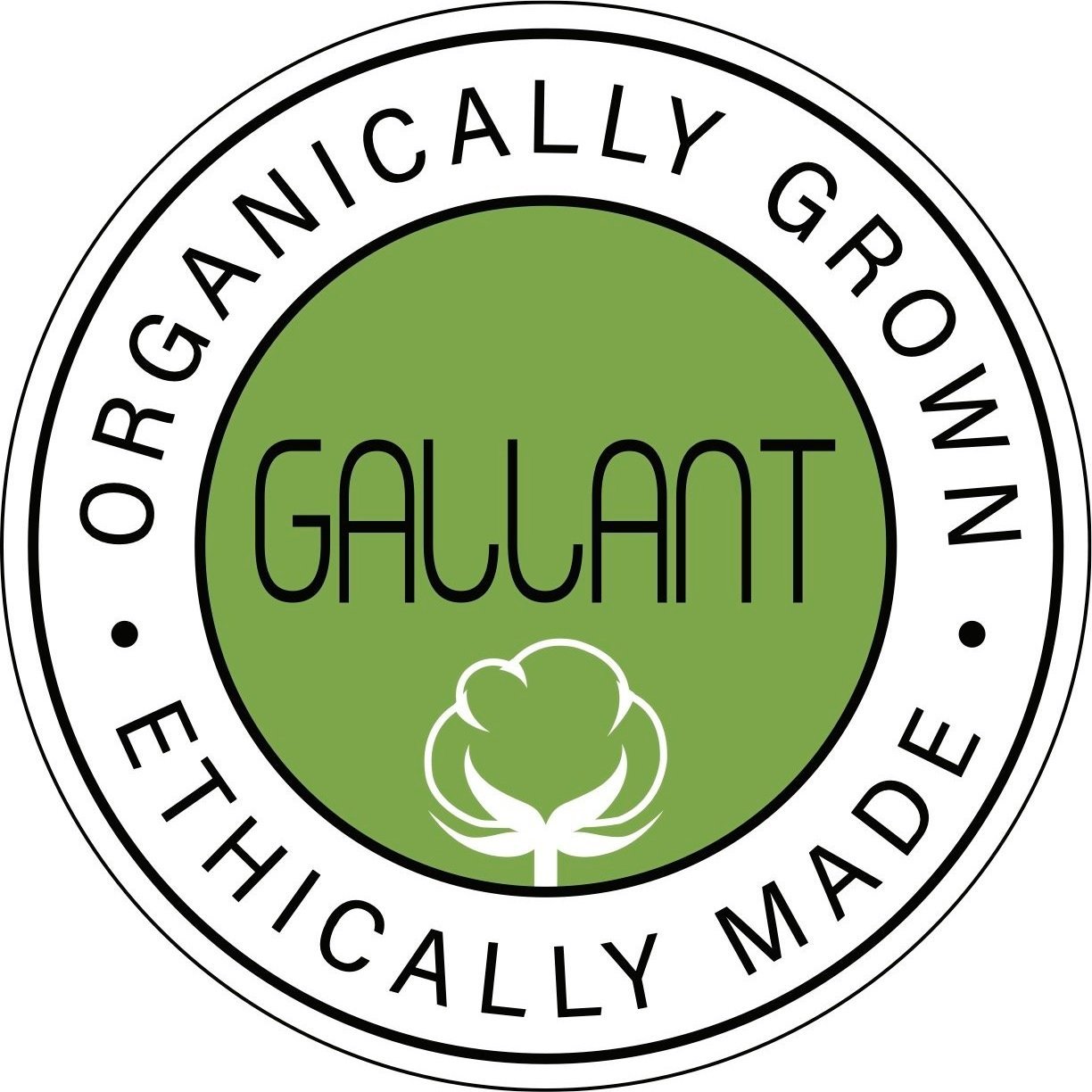Biochar in the Cotton Industry
Agrarian Crisis in the Indian Cotton Industry
India is one of the world’s leading cotton producers, yet its crop productivity remains among the lowest globally. This challenge is pushing many farmers to abandon cotton in favor of other cash crops that offer higher income, while some are leaving agriculture altogether and migrating to cities. This shift not only threatens the livelihoods of smallholder farmers—many of whom rely on cash from cotton crops —but also risks reducing the availability of natural fibers, such as organic cotton. The reduced availability of natural fibers means a greater reliance on synthetic fibers made from fossil fuels, further exacerbating environmental damage.
There is an urgent need for practical and scalable solutions that improve soil health, boost cotton yields, help farmers earn more, and mitigate environmental threats such as soil degradation, water scarcity, and loss of biodiversity. Strengthening sustainable organic cotton production will ensure both the economic resilience of farmers and the availability of natural fiber.
Biochar is a Gamechanger
Biochar is a carbon-rich material, obtained through pyrolysis, or the heating of farm residue with low / no presence of oxygen. Biochar is highly porous and when applied to the soil remains intact for thousands of years. Biochar plays a significant role in retention of water and nutrients in the soil, allows an explosive growth of microbiomes in the soil, improving soil organic carbon and nutrients in the soil. Biochar can be produced in the villages where farm residue is available at scale, providing a pathway for the regeneration of soils at scale. Gallant is partnering with Heartfulness Institute and Heartyculture, an organization that is pioneering the adoption of biochar in the villages of India.
Improving Soil Fertility
Due to the overuse of chemical fertilizers, soils have become increasingly acidic, saline, degraded, and deficient in soil organic carbon and nutrients. The addition of biochar mixed with a selection of soil amendments improves soil structure, water, and nutrient retention capacity, making it drought resistant. Adding Carbon to the soil brings back microbial life in the soil, rendering soils fertile, for the long term. Given the small landholdings and large number of small and marginal farmers in India, interventions that are tech heavy and mechanizations are not viable for implementation. Biochar is an intervention that is easy to implement and can be done at scale.
Boosting crop yield and farmers’ income
A number of research publications have confirmed the positive impact of biochar on crop yield. Gallant partners with Heartfulness Institute and Heartyculture to establish biochar units to work with conventional and organic cotton farmers in the villages of India. In 2024, Heartyculture ran a research trial with 70 organic farmers across 10 villages of Madya Pradesh growing cotton and documented a net increase in crop yield of 32% in the first season of biochar application. This research study was undertaken in partnership with ICAR-Central Institute of Cotton Research.
Fighting climate change
India produces 740 million tons of farm residue annually, of which at least 20% - 25% is burnt on the farms, for lack of any secondary uses. This biomass, which has removed carbon-di-oxide from the atmosphere from photosynthesis, represents a significant burden of work undertaken by nature in purifying the atmosphere. When this biomass is burnt in open fields or as stubble, it pollutes the atmosphere not just as carbon-di-oxide but also methane, which is a much more harmful Green House Gas (GHG).
Biomass, when pyrolyzed to form biochar and applied to soils, permanently sequesters the carbon-di-oxide removed from the atmosphere, in soil. The International Panel on Climate Change (IPCC) estimated that 2.6 Giga Tons of carbon-di-oxide can be sequestered annually each year, via biochar alone. Biochar production and application to soil has been recognized as a climate service, and international carbon registries such as Carbon Standards International offer certified carbon credits when biochar is produced from biomass and applied to soils.
In addition to carbon removal, the application of biochar makes crops climate resilient, delivers more yield from lesser levels of water availability. Unseasonal rains, extreme weather and drought conditions have increased risk of crops, and biochar acts as a buffer to water scarcity.
Partner with Gallant International Inc.
While biochar is a game-changer, farmers have low levels of awareness of the effects of biochar on soil fertility, crop yield, and income. Furthermore, the application of biochar on soils becomes affordable and accessible to the farmers with sales of artisan biochar carbon credits.
We seek your partner with you for offtake of high-quality artisan biochar carbon credits. With this partnership:
- You receive high quality artisan biochar carbon removal credits in tune to your grant amount, which may be used for insetting and decarbonization of your supply chain
- We produce biochar and offer it at an affordable cost to farmers, resulting in an increase in farmer’s income to the tune of 2.5x the grant amount over a 5 year period.
- Your brand can benefit from the narrative of working to uplift the lives of farmers from whom the cotton is purchased, allowing you to offer carbon-neutral fabric apparel to your consumers.
For more information, please contact:
Vik Giri
Sriram Raghavendran






